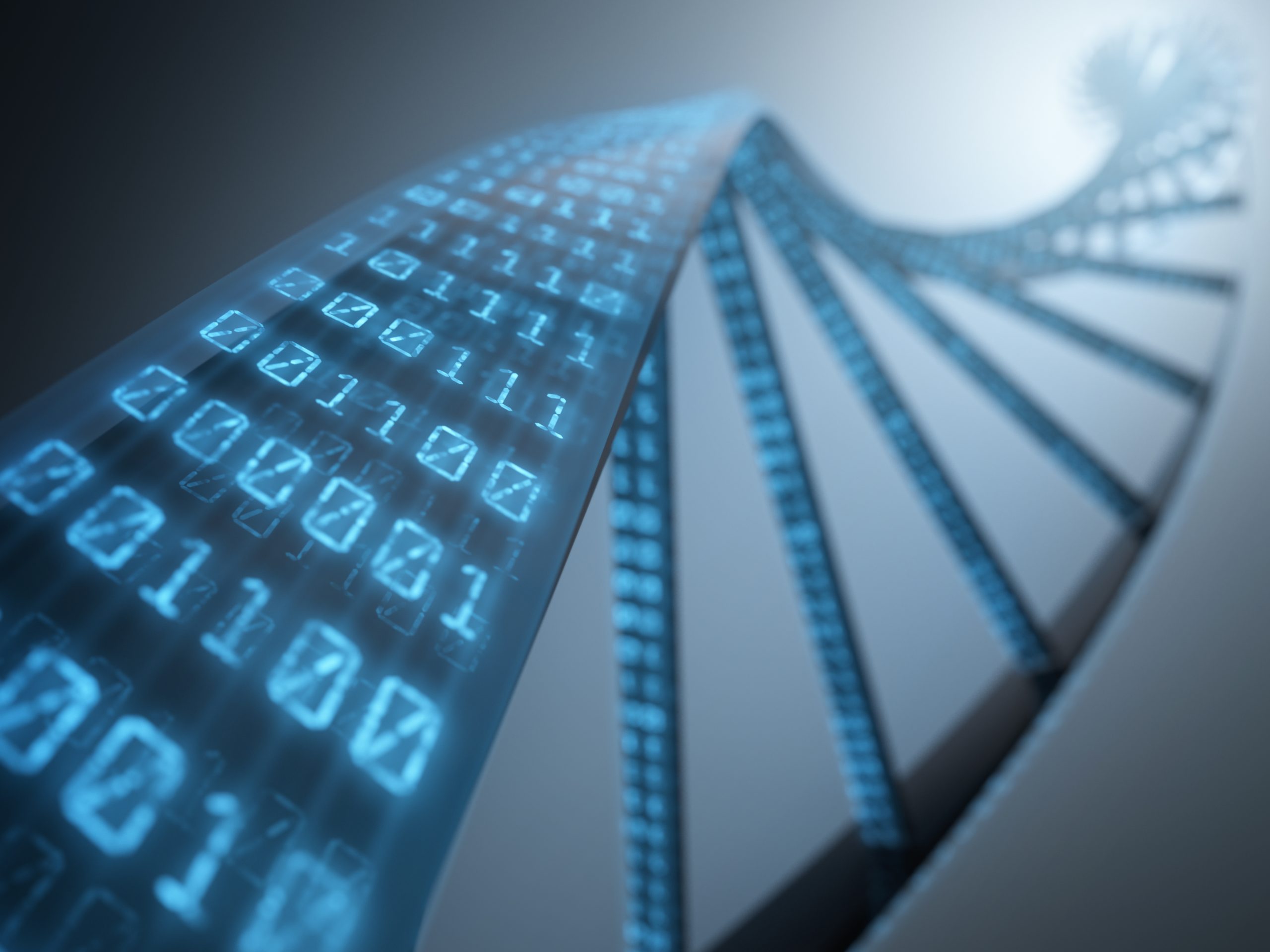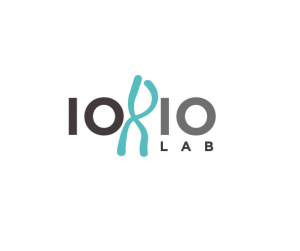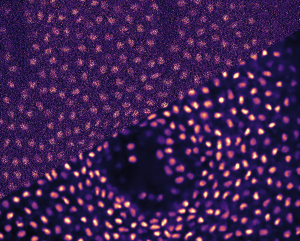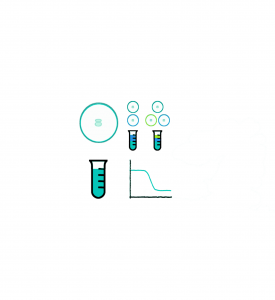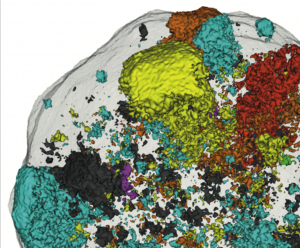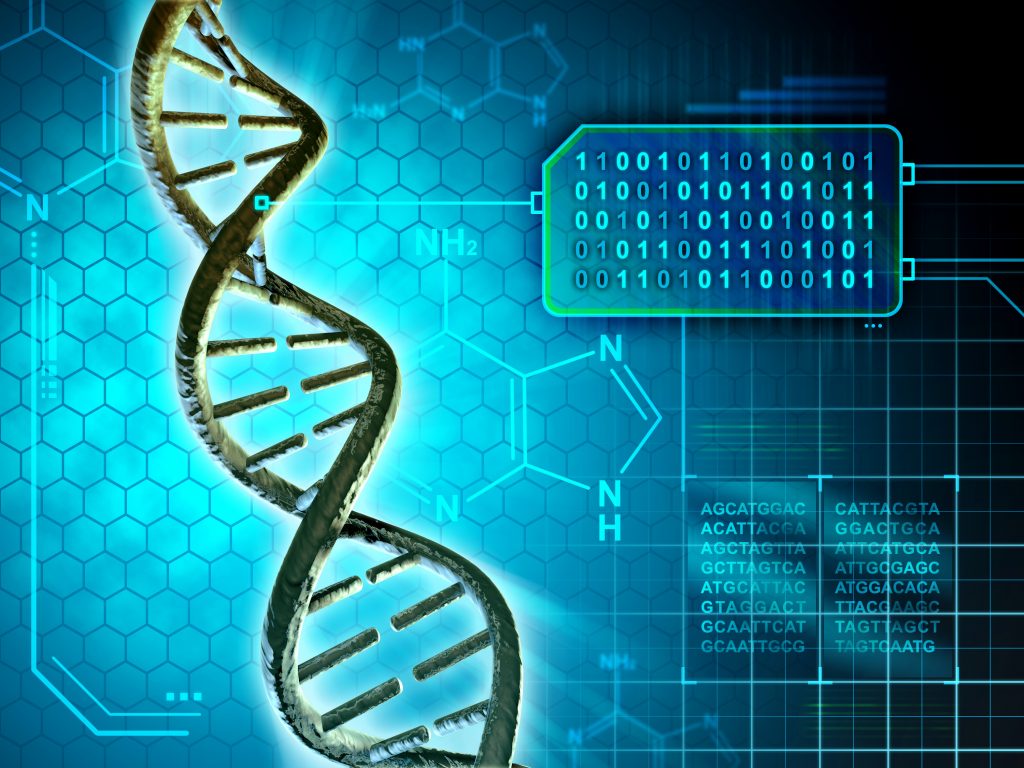
Computational biology
HEAD: Andrea SottorivaComputational sciences applied to biology and medicine are at the very core of the mission of Human Technopole. The Computational Biology Research Centre has the goal of developing new mathematical and computational approaches for the analysis and interpretation of medical and biological data. Computational biology at HT is not just about developing new methods for data analysis, but more importantly, also about asking fundamental questions about biology and human health that can be addressed only using computational approaches, from mathematical modelling of dynamical systems, to machine learning and Artificial Intelligence.
In the Computational Biology Research Centre at HT we generate new datasets based on computationally-informed experimental designs, and we also analyse and interpret data generated by other HT centres, as well as by external collaborations.
We use statistical, bioinformatics and artificial intelligence approaches to tackle different problems in biology, in particular to understand mechanisms and dynamics associated with human diseases.
One of the many research aims of the Centre is to identify mechanisms of cancer drug resistance, to predict the evolution of tumours and intervene early and effectively in each patient. The Centre will also be involved in the design of methods for the discovery and repurposing of cancer drugs, using functional genomics data from cancer vulnerability screenings and in vitro models. In addition to the analysis of genetic data from patients and model systems, the activities of the Centre also focus on single-cell and multiomics data analyses, as well as on the processing of medical and microscopy images using artificial intelligence.
Research groups
-
Iorio Group
The Iorio Group works at the interface of biology, machine learning, statistics and information theory with the goal of understanding and predicting how genomic alterations and molecular traits from other omics contribute to pathological processes, biological circuits’ rewiring and have an impact on therapeutic response in human cancers and other diseases.
-
Jug Group
The research conducted in the Jug Group is pushing the boundary of what image analyses and machine learning can do for quantifying biological (image) data. The common denominator of such projects is the indisputable necessity to analyse large amounts of light microscopy data without causing impossible amounts of manual data curation and data processing to life-science researchers (aka our users and collaborators).
-
Pinheiro Group
Urgent challenges of modern medicine require understanding evolutionary processes of pathogens. But predicting evolution is a theoretical challenge. Evolutionary dynamics depend on cell metabolism and ecological resources. This complex interplay gives rise to strong nonlinearities generated by interactions that are often not captured by modeling individual parts – they require systems-wide modeling. Predicting evolutionary dynamics introduces further challenges: We must do systems biology across genetically different organisms and integrate stochastic processes operating at different scales. How can we distill this seemingly overwhelming complexity of biological evolution into simple, quantitative frameworks that can ultimately generate evolutionary predictions?
-
Sottoriva Group
The Sottoriva Group focuses on deciphering the dynamics of cancer growth, progression and treatment resistance in patients using mathematical and computational approaches applied to cancer multi-omics data, with the objective of predicting the future course of the disease.
Centre members
-
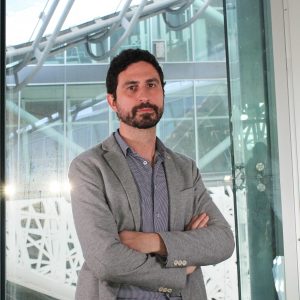 Andrea Sottoriva
Andrea Sottoriva
Head of Computational Biology Research Centre -
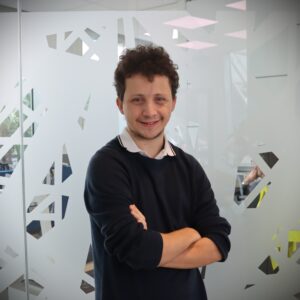 Michele Calabrò
Michele Calabrò
PhD Student -
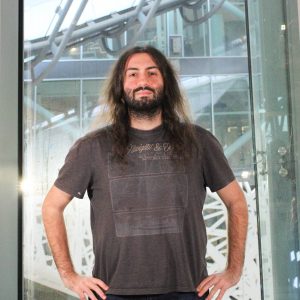 Lorenzo Calviello
Lorenzo Calviello
Research Group Leader -
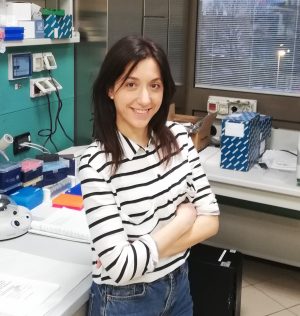 Sabrina Luigia D’Agosto
Sabrina Luigia D’Agosto
Lab Manager -
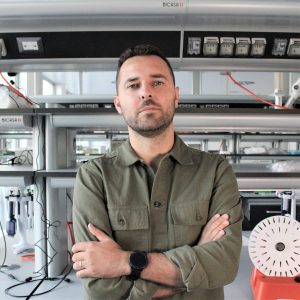 Antonello Ferrazzano
Antonello Ferrazzano
Senior Technician -
 Gianluca Frera
Gianluca Frera
Senior Technician -
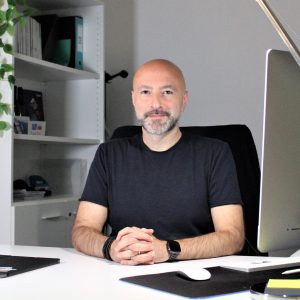 Francesco Iorio
Francesco Iorio
Research Group Leader -
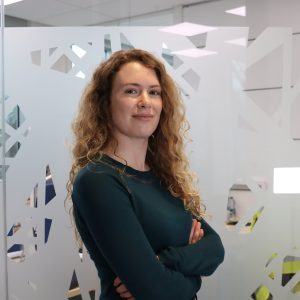 Alison Ruth Irwin
Alison Ruth Irwin
Technician -
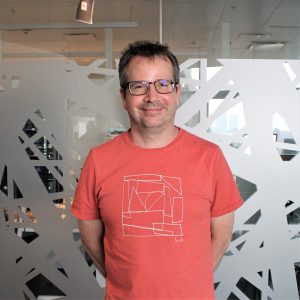 Chela Tandiwe James
Chela Tandiwe James
Senior Bioinformatician - Omics Data Analysis and Integration Scientific Service Unit -
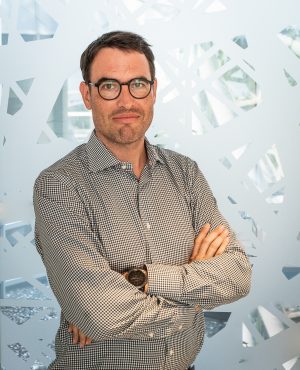 Florian Jug
Florian Jug
Research Group Leader -
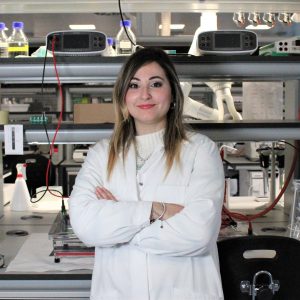 Ilaria Mulas
Ilaria Mulas
Senior Technician - Data Generation and Experimental Validation -
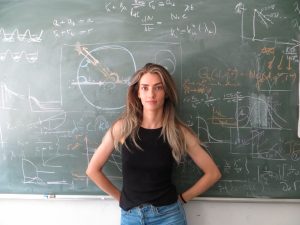 Fernanda Pinheiro
Fernanda Pinheiro
Research Group Leader -
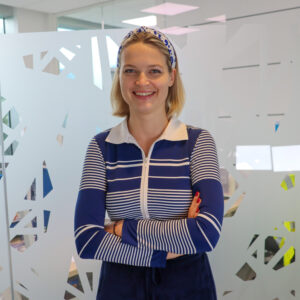 Anastasiia Romanova
Anastasiia Romanova
Research Centre Administrator -
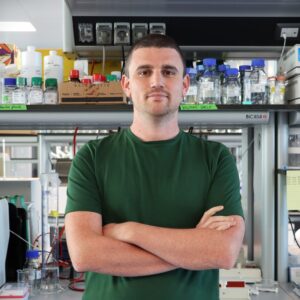 Francesco Rusconi
Francesco Rusconi
Technician -
 Andrey Tyshevich
Andrey Tyshevich
Data Scientist -
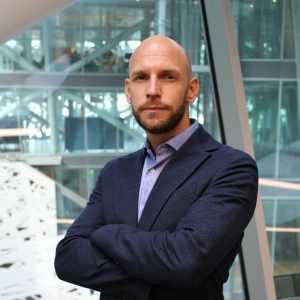 Konstantin Winter
Konstantin Winter
Scientific Project Manager
